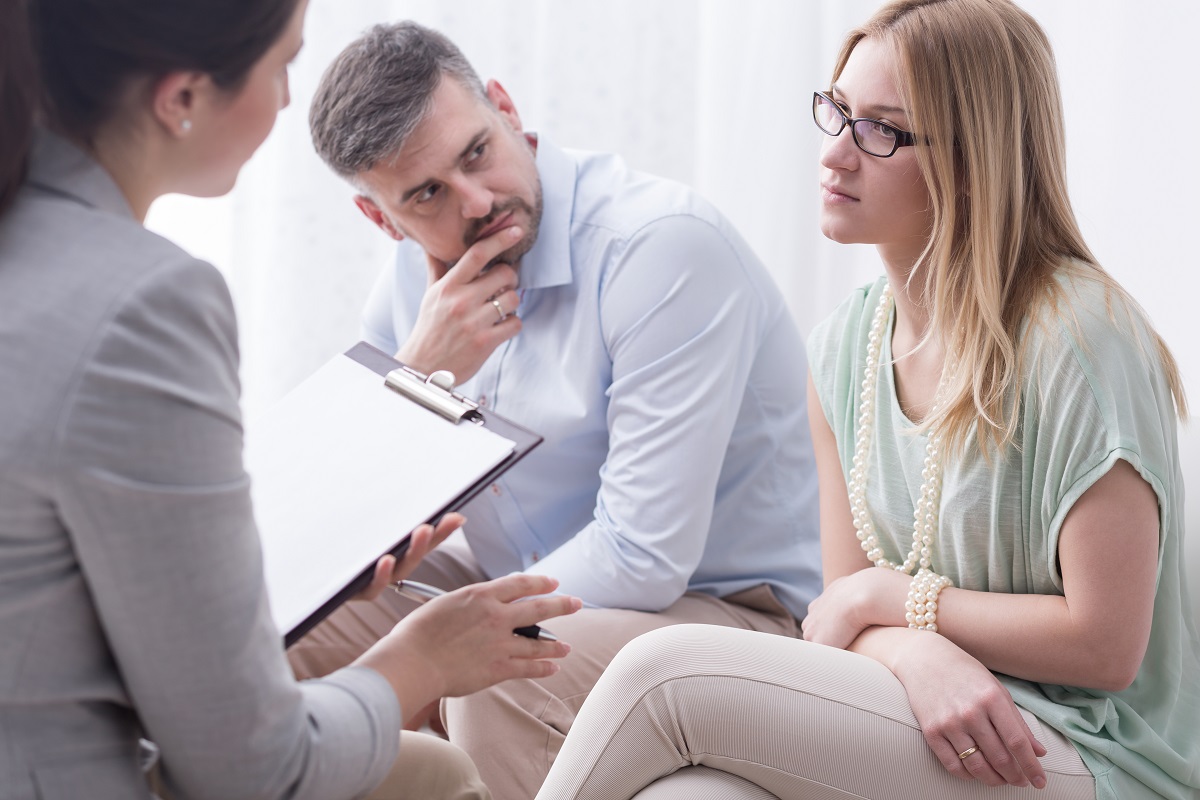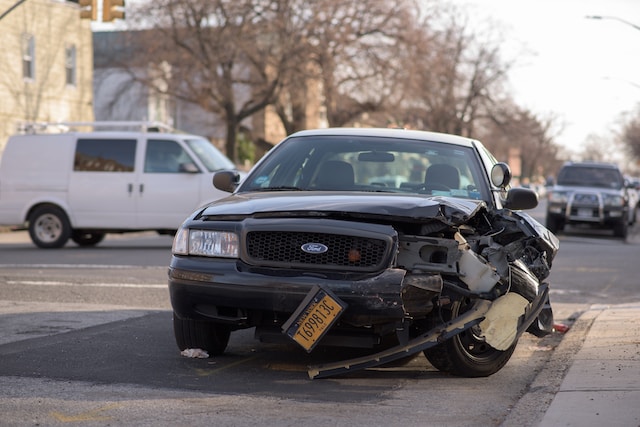- Prioritize your health post-accident, seeking immediate medical attention and following prescribed advice for recovery.
- Document every detail related to the accident, including photos, witness contact details, and personal injury updates.
- Depending on the accident’s nature, consult a specialized lawyer to understand your rights and potential compensation.
- Communicate promptly with your insurance company about the accident and understand your policy’s coverage.
- Recognize the potential mental health impacts post-accident, seeking professional help and support groups if needed.
Being in an accident can be a harrowing experience. Whether it’s a car accident, slip and fall, or any other type, it can be overwhelming to deal with the aftermath. Not only do you have to deal with any injuries, but you may also have to deal with legal issues and financial concerns.
This article will discuss some of the critical considerations you need to remember after an accident.
Seek a Medical Professional

Regardless of the type of accident you have been involved in, you should prioritize your health and well-being. See a medical professional immediately after the accident, even if you do not think you have been injured. Not all injuries are immediately apparent, and it is better to be safe than sorry. If you delay seeking medical attention, your injuries may worsen, affecting your recovery.
Medical Advice
Remember to follow the medical advice given by the healthcare professionals. This may include attending follow-up appointments, taking prescribed medications, and adhering to any suggested physical therapy or rehabilitation programs. Failing to follow medical advice could not only slow your recovery. But might also impact the potential compensation you could receive if your case goes to court.
Document Everything
After an accident, it is crucial to document everything related to the accident. This includes taking photos and videos at the scene, getting contact information from any witnesses, and keeping a journal of your injuries and recovery progress.
Keep Receipts
Beyond the direct costs of medical bills and property damage, an accident can also incur other expenses. These could be related to car rentals, home adjustments, or even childcare if you cannot fulfill your usual responsibilities. Ensure that you keep all receipts for these additional expenses. These records may be necessary to support your compensation claim.
Police Report
If your accident was severe enough to involve law enforcement, a police report will likely be generated. This report is a crucial piece of documentation that provides an objective third-party perspective on the event. The report may contain information about any citations issued, statements from involved parties and witnesses, and, in some cases, the officer’s opinion about who was at fault. Request a copy of this report, if applicable, for your records.
Consult a Lawyer
In some cases, you may need to consult a lawyer after being in an accident. For example, you may be entitled to compensation for your injuries if the car accident was not your fault. A lawyer can help you understand your legal rights and help you navigate the legal process.
Specialized Lawyer
You should consult a lawyer specializing in the accident that happened. For instance, if you get involved in a car accident, you should consult a car accident lawyer. But if you fall and are injured in the accident, consult a reputable slip and fall attorney. A specialized lawyer will have more experience and knowledge in dealing with cases like yours, increasing your chances of getting the best outcome.
Contact Your Insurance Company
Notify your insurance company about the accident as soon as possible. Your insurance company must know about the accident to assess the damage and initiate the claims process. Keep in mind that not all insurance policies cover all types of accidents, so make sure you understand your policy and what it covers.
Reporting Timelines
Most insurance companies have specific timelines for reporting an accident. Failure to report within the given time frame could result in your claim being denied. To avoid any issues, report the accident as soon as possible.
Take Care of Your Mental Health

An accident can be a traumatic event that can affect your mental health. It is common to feel anxious, depressed, or even have some post-traumatic stress disorder (PTSD) symptoms. Seek professional help if these feelings persist or worsen, as they may affect your recovery. Remember to prioritize your mental health and seek support from loved ones during this difficult time.
Support Groups
Consider joining a support group for those who have been in accidents. Meeting others who have gone through similar experiences can help you process your emotions and find a sense of community.
Being in an accident is a traumatic experience that can leave you feeling overwhelmed and unsure of what to do next. The critical considerations discussed in this article can help you navigate the aftermath of an accident. Remember to seek medical attention, document everything, notify your insurance company, consult a lawyer when necessary, and take care of your mental health. By following these steps, you can ensure that you are taking the necessary steps to recover from your injuries and move on with your life.
